The Pastor of Mandák House
Marta Bolba is the Lutheran pastor at the Mandák House of Budapest’s 8th district. The 8th district is a classic example of gentrification: its inner area, known as the Palace Quarter (Palotanegyed), is populated by wealthy residents in stark contrast to the poorer outer regions.
Márta is both a civil activist and a lutheran pastor, a follower of Martin Luther King’s teachings and the civil rights movement.
In her congregation, she tries to unite the faithful of the district’s affluent population with their poor neighbors. Her church is the isle of peace in her district even as she advocates tirelessly with institutions and offices for the poor and disadvantaged.
The work of grassroots organizations, dissidents, and alternative communities based on local values is made impossible. Hungarian society is more and more atomized and communities are usually organized in a top-down fashion. A space that embraces and links up people who dare step up and step out of their comfort zone can restore hope. The information shared on the social media pages of the Mandák House can strengthen these processes and inspire residents of the district to join.
Márta Bolba’s challenge is how to build bridges and a communion between two Lutheran community centers located in different areas in the 8 th District which seem to have opposing economies and community interests, the Mandák House and the Üllői Street complex. Instead of a judgmental attitudes and segregation a bridge is built by sharing
the spaces, by getting to know each other and by patience and cooperation.
Márta’s aim to engender similar organizations through their corageous examples, to pass on the belief of the Freedom of religion and Together we will succeed.
The film brings the results of this religious and human rights struggle to a higher level by turning them visible and underlining the fact that here we can observe a female pastor in a patriarchal, traditional context.
Márta and the filmmakers believe in the power of community, in grassroots initiatives and acting on one's beliefs.





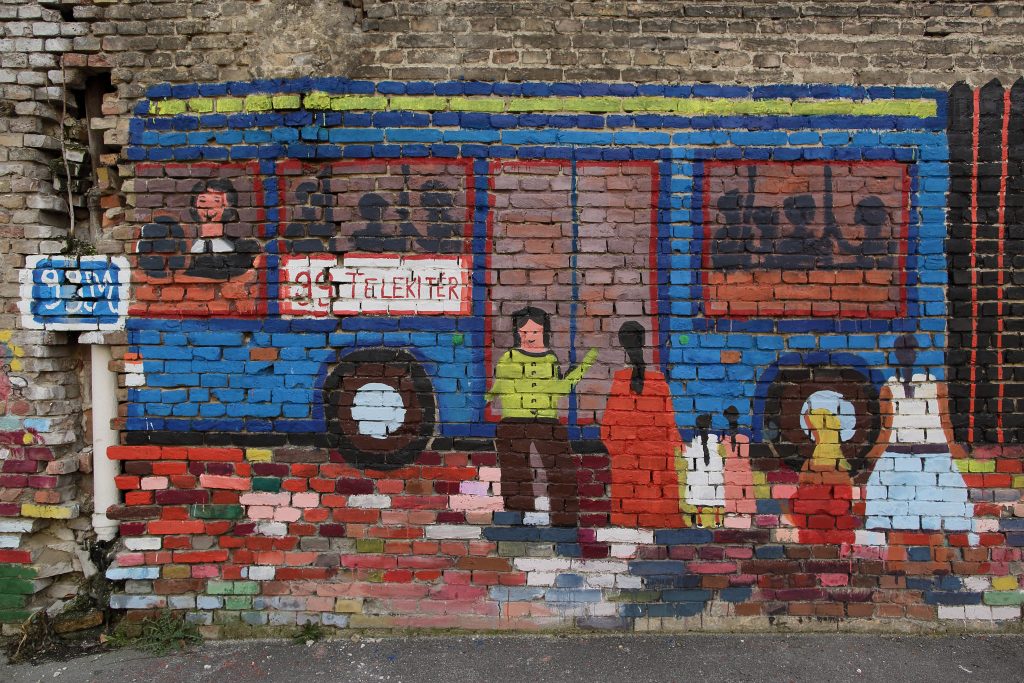
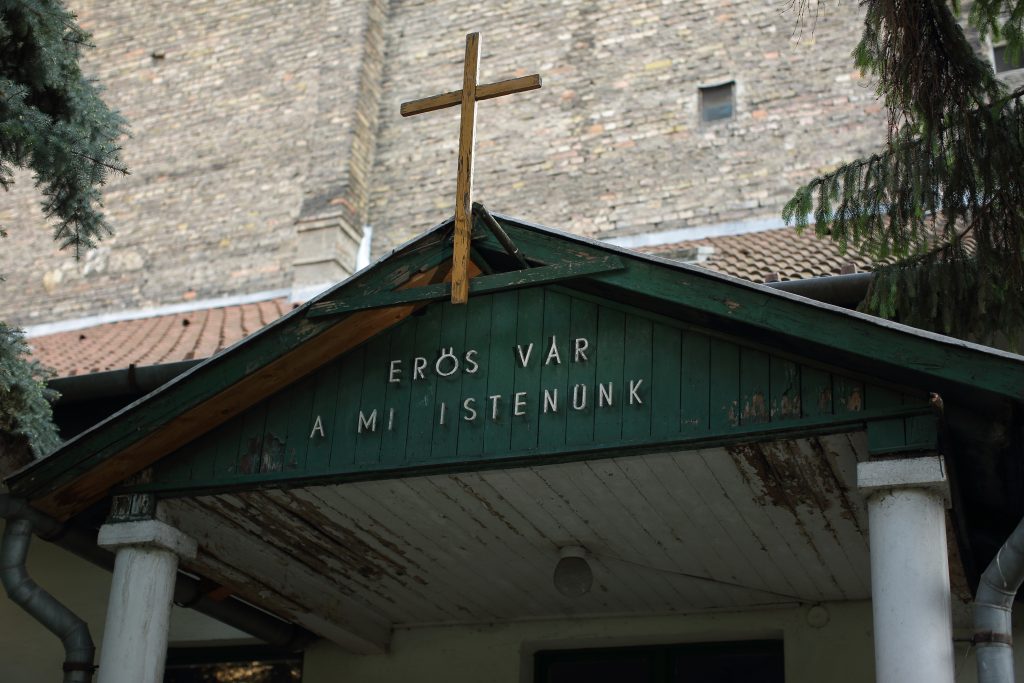
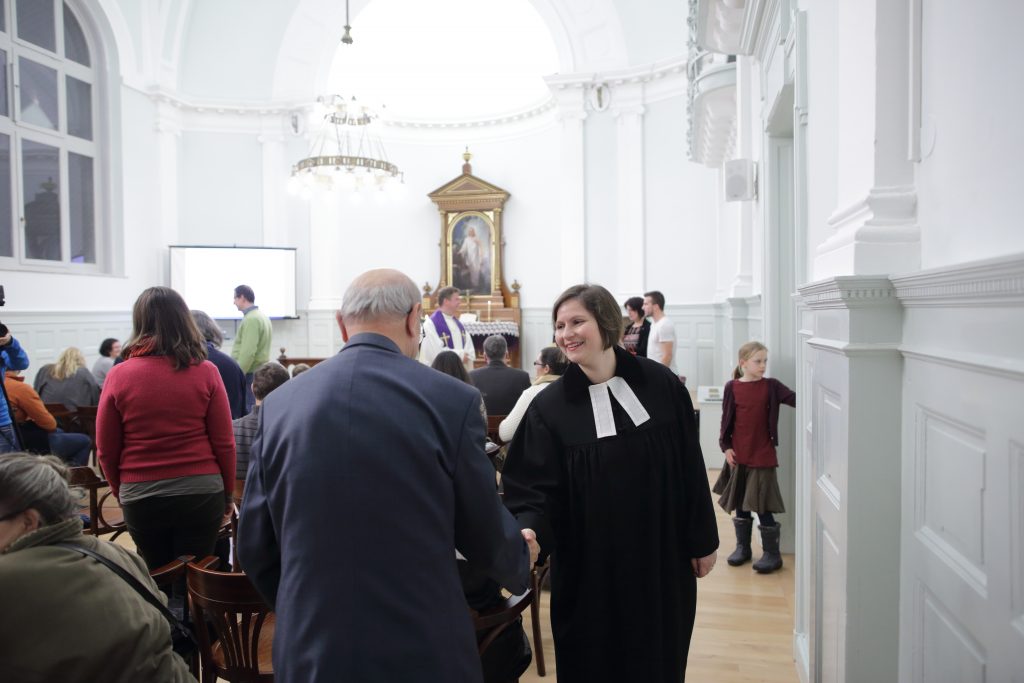
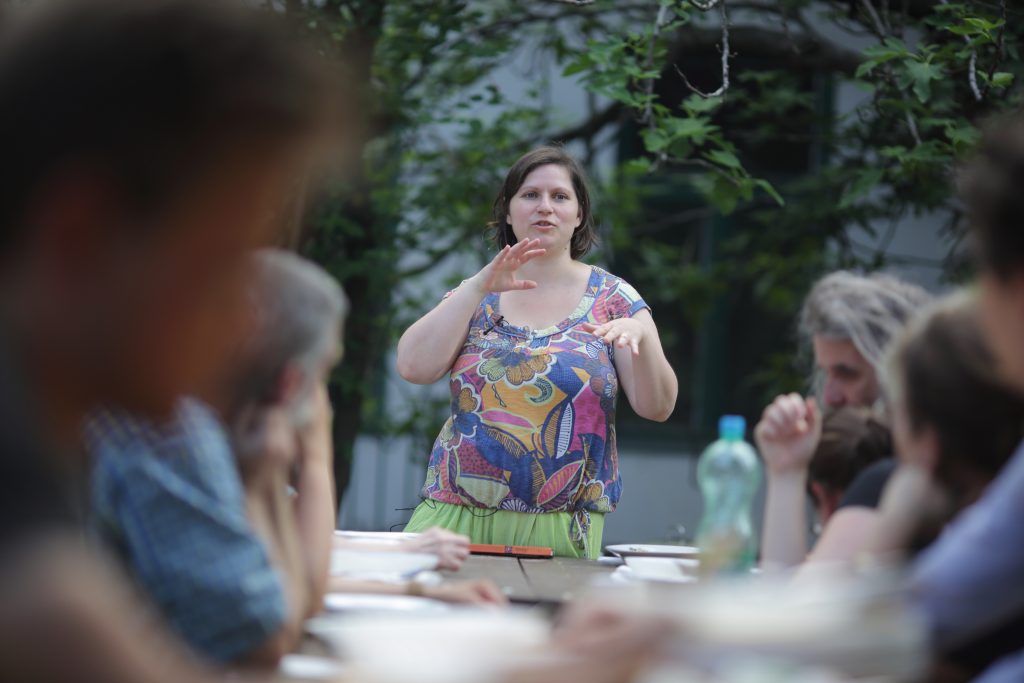
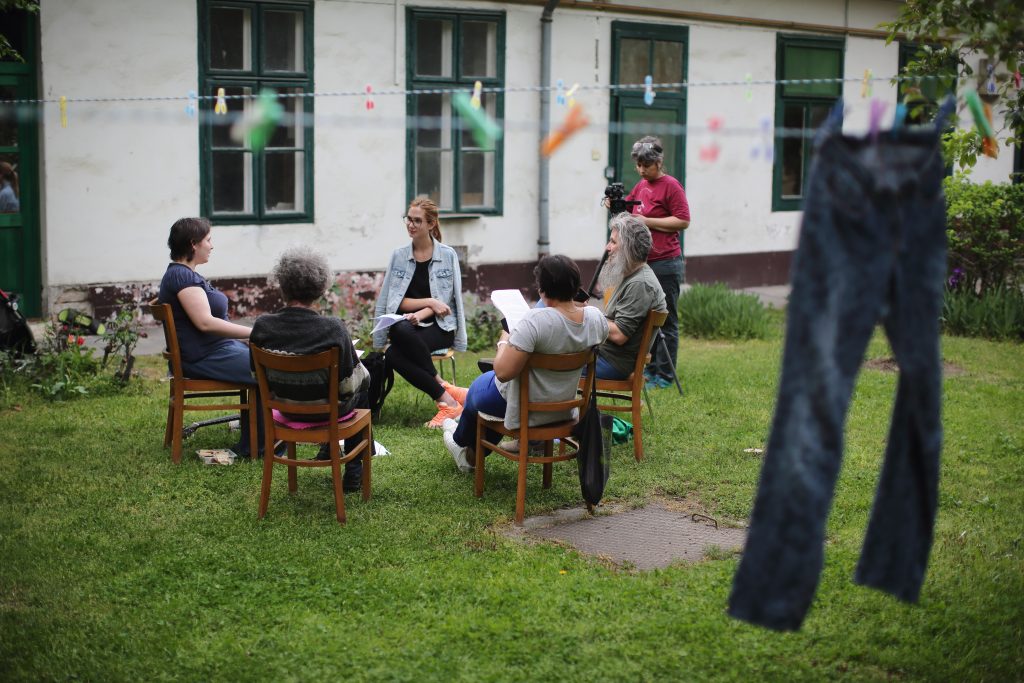
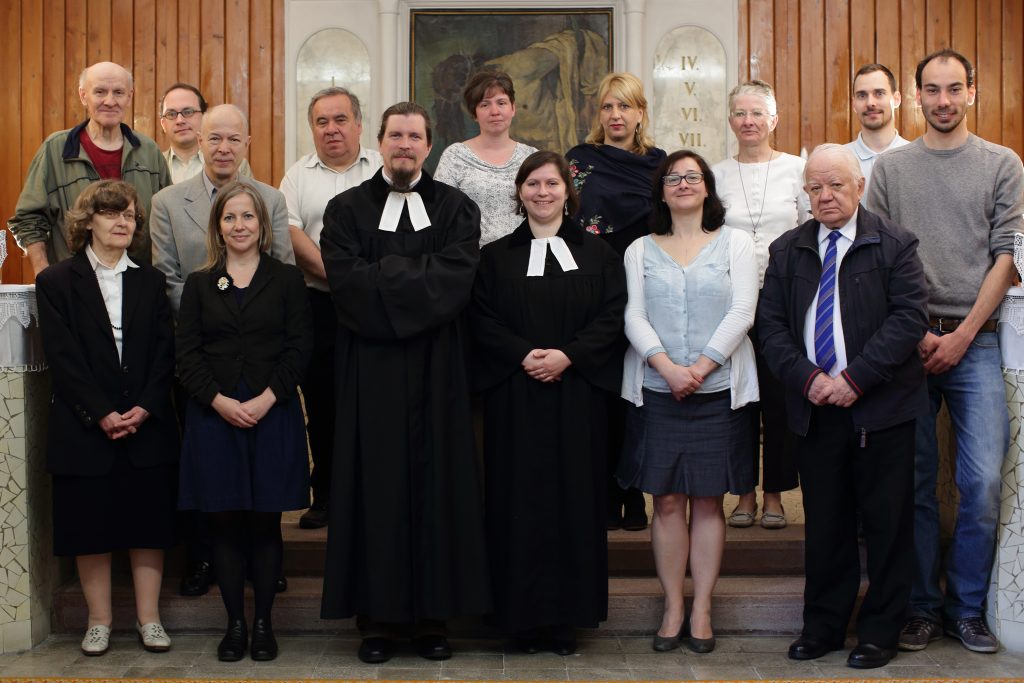
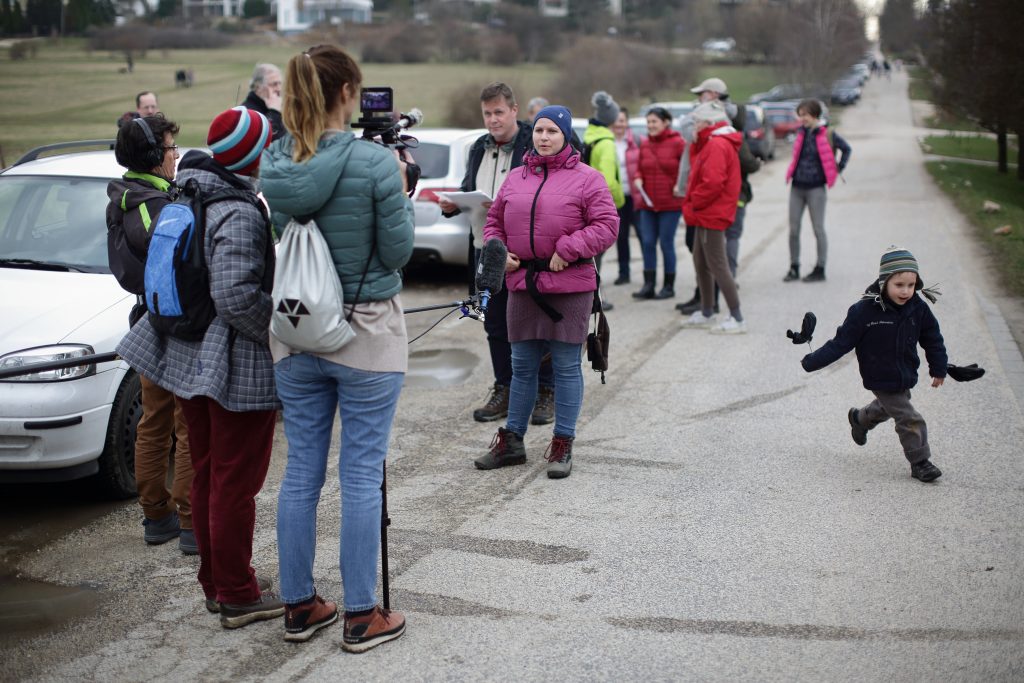
 Watch the trailer
Watch the trailer